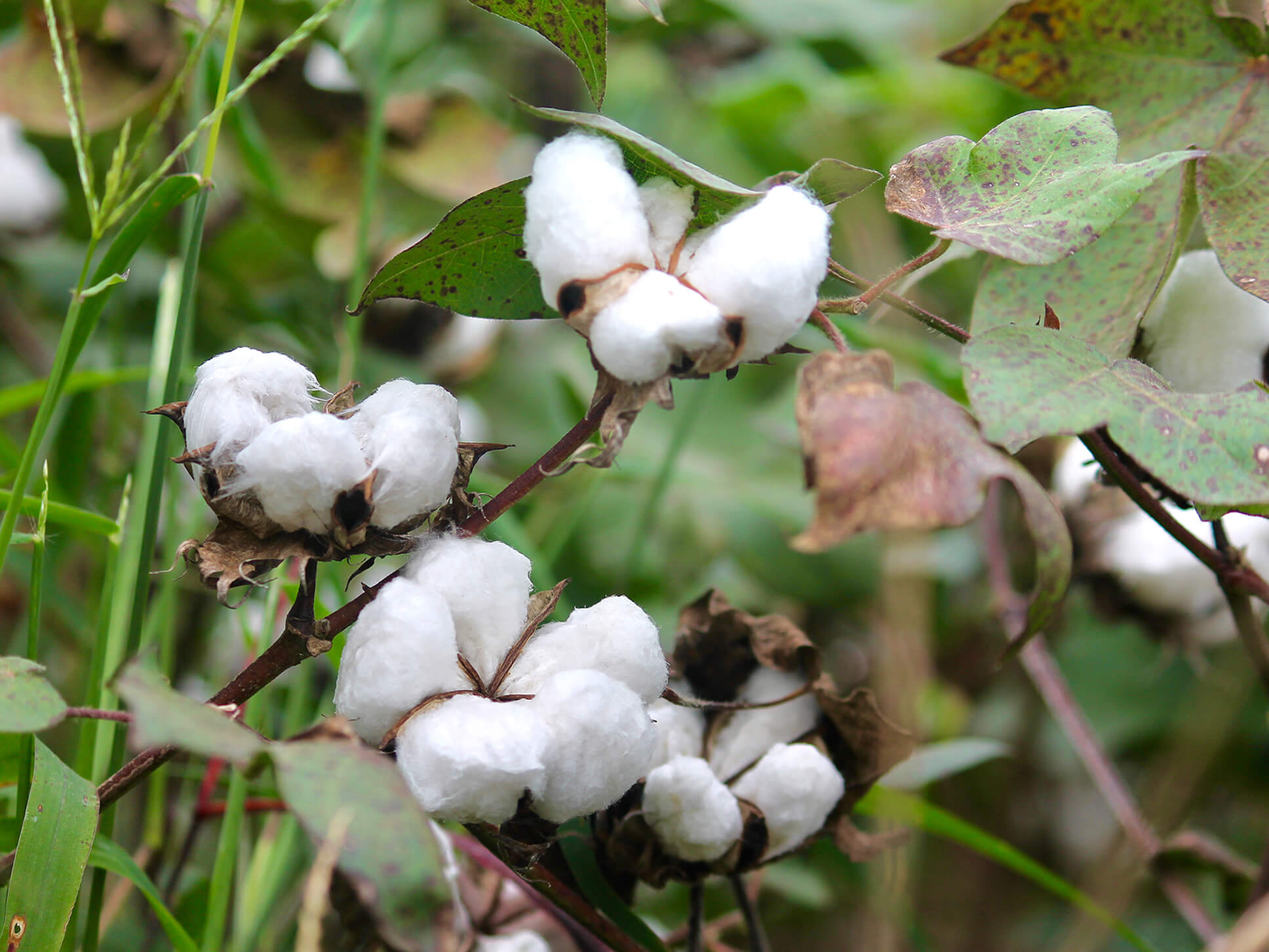
In much of central, west and east India, the most socially and economically vulnerable households are engaged in agriculture as their main source of livelihood. Conventional input-intensive agriculture has long-term impacts such as degrading topsoil, declining groundwater levels and reduced biodiversity. In a climate constrained world, increasing average temperatures and changes in seasonal rainfall patterns are already having an impact on agriculture across India.
Sustainable agriculture offers a much-needed alternative to conventional agriculture and is important to ensure India’s food security in a climate-constrained world. Sustainable Agriculture is also enshrined in United Nations Sustainable Development Goal 2 (SDG 2) related to promoting Zero Hunger.
PRERANA’s work in the domain of sustainable agriculture through promoting sustainable agriculture, supporting small scale farmers’ access to technology and markets is directly linked to SDG 2. PRERANA works on sustainable agriculture systems through teaching communities in its work locations the practices of sustainable agriculture with a threefold goal: to restore the environment, to improve economic profitability and ensure social equity.
To PRERANA, value chains are one way of appreciating how local communities are linked and economically dependent on their wider environment. PRERANA works intensively on Promoting Sustainable Agriculture and develops Sustainable Value Chains for socially marginalized communities in close cooperation with private sector stakeholders.
In collaboration with C&A Foundation and CottonConnect South Asia , PRERANA promoted Organic Cotton production in Tribal districts of Khandwa, Khargon and Burhanpur districts of Madhya Pradesh state.
Organized trainings on organic farming for over 10,000 farmers, facilitated setting up of organic input production and demonstrated organic cotton growing practices.
In collaboration with FibL, PRERANA conducted on-farm trials for organic agriculture practices and trainings for small scale farmers on seed multiplication.
Promoted Farmer Producer Companies (FPCs) and provided capacity building support to these FPCs on governance, financial management, operations and marketing aspects.
In collaboration with GiZ, German Cooperation provided capacity building support to FPCs and linked them with sustainable global value chains.